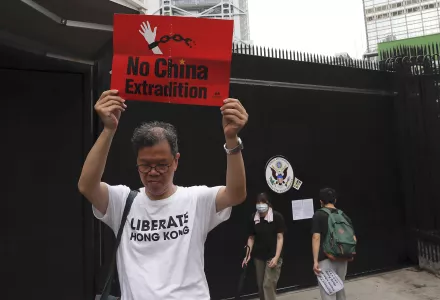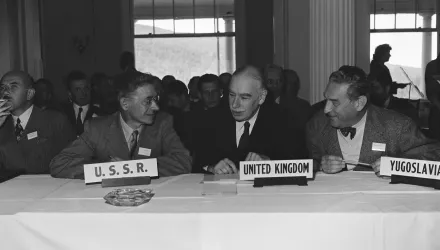International Security is America's leading peer-reviewed journal of security affairs.

Summary
Why does the United States sometimes capture other states’ fugitives, and sometimes refuse?
Geopolitics explains how and when the United States uses its global policing power. States cooperate in extraditing warlords, drug kingpins, or terrorists when it serves their interests to do so. Extradition is less likely when the fugitive is a political actor – if the state sheltering the fugitive sees political advantage in refusing to extradite. Extradition treaties are not simply an efficient bureaucratic response to international crime.
Daniel Krcmaric, "Nowhere to Hide? Global Policing and the Politics of Extradition," International Security, Vol. 47, No. 2 (Fall 2022), pp. 7–47, https://doi.org/10.1162/isec_a_00444.
The full text of this publication is available in the link below.



